Submitted by WA Contents
FR-EE to develop Hyperloop corridor connecting Mexico City to Guadalajara in 38 minutes
Mexico Architecture News - Oct 18, 2017 - 14:40 16062 views
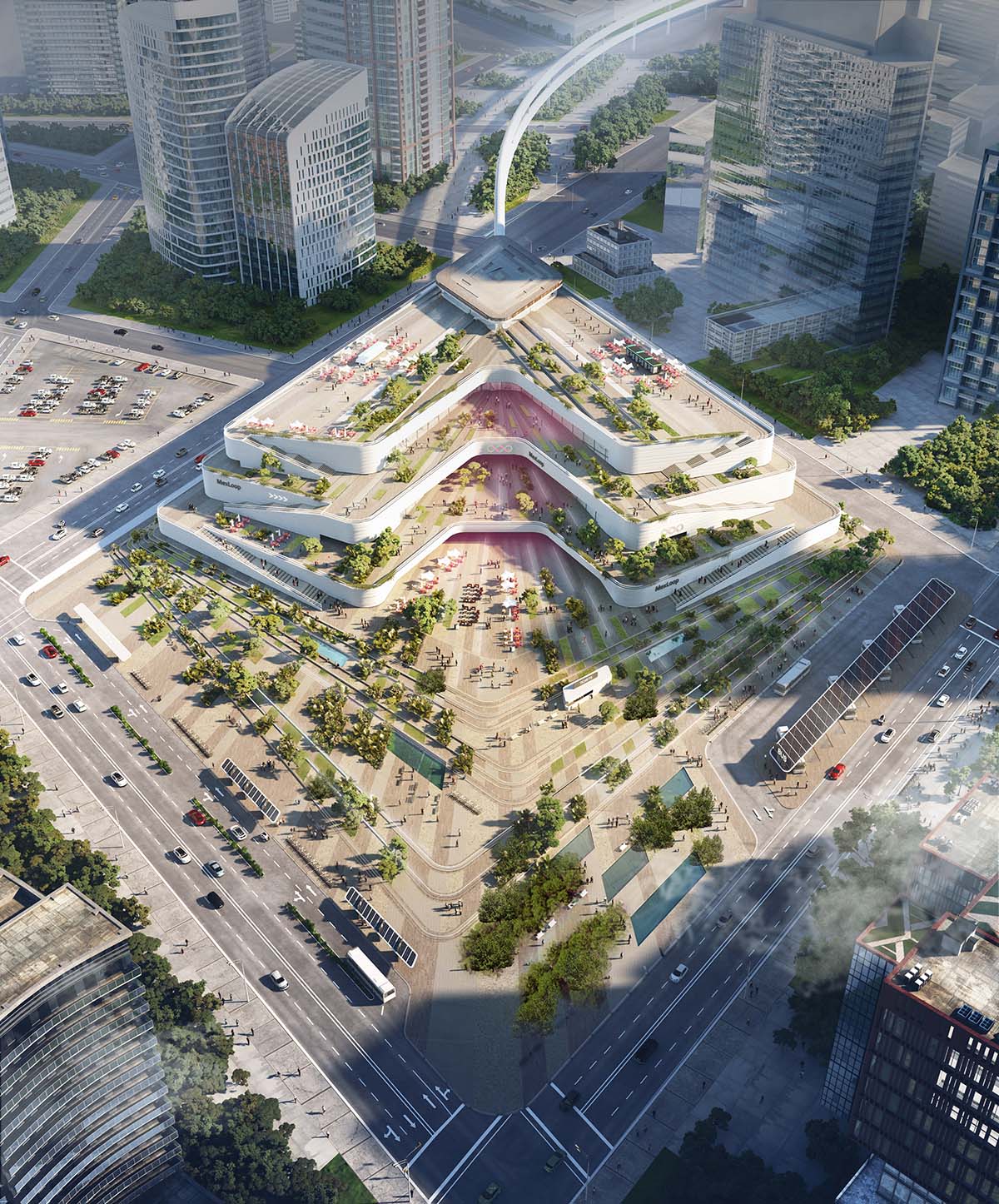
Mexican architecture firm FR-EE, led by Fernando Romero, has been named as the winner of the Hyperloop One Global Challenge, which aims to create one of the world’s first Hyperloop corridors, connecting Mexico City to Guadalajara in 38 minutes. A new transport system, called Mexloop, will accelerate the region’s powerhouse economy and booming automobile, aeronautic, pharmaceutical, technology, and services industries, evolving its busiest supply chains and trade corridors and transforming its economy, spurring innovation and development, and creating job opportunities.
Selected from the pool of over 2,600 entrants, FR-EE's proposal will create a new "megalopolis" of 42 million—growing to 60 million by 2050—by linking four of Central Mexico’s major metropolises, including the capital and its two most populous cities, and el Bajio, its fastest growing region.
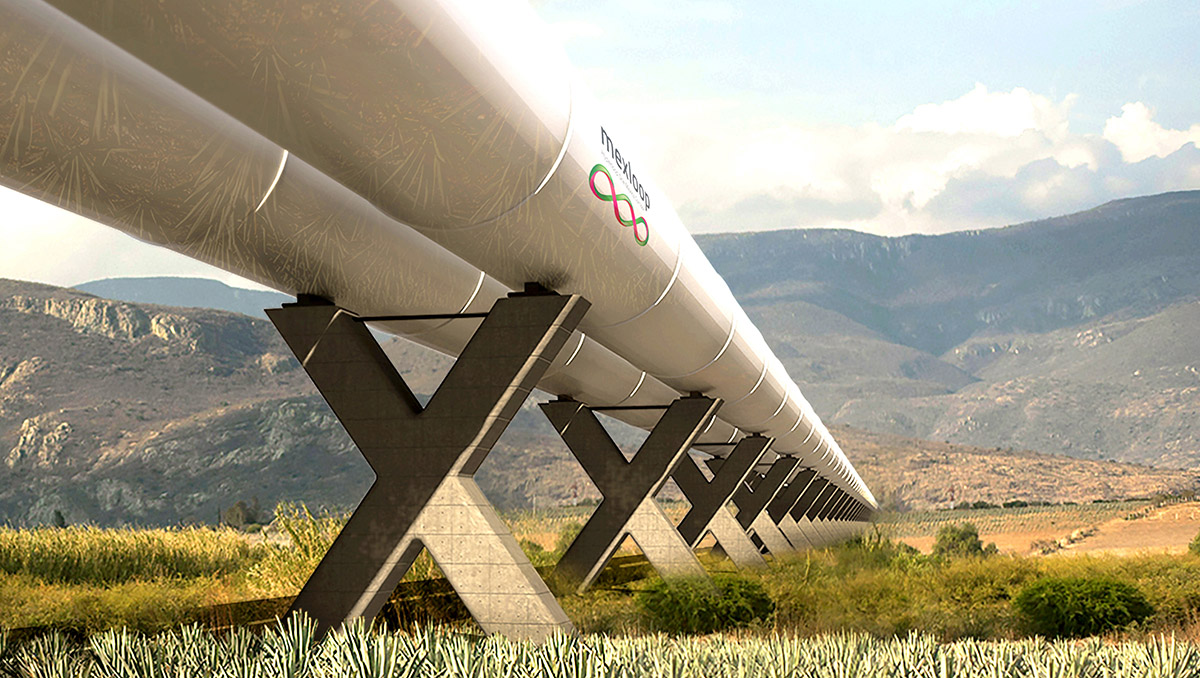
Fernando Romero's firm FR-EE will lead a team comprised of Arup, an engineering and technology company Sener, security company Thornton Tomasetti, law firm Baker McKenzie, IMEXDI, global management consultants McKinsey & Company, JLL, transport logistic company Voyage Control, Integralis Consulting Group and graphic design practice Bruce Mau Design.
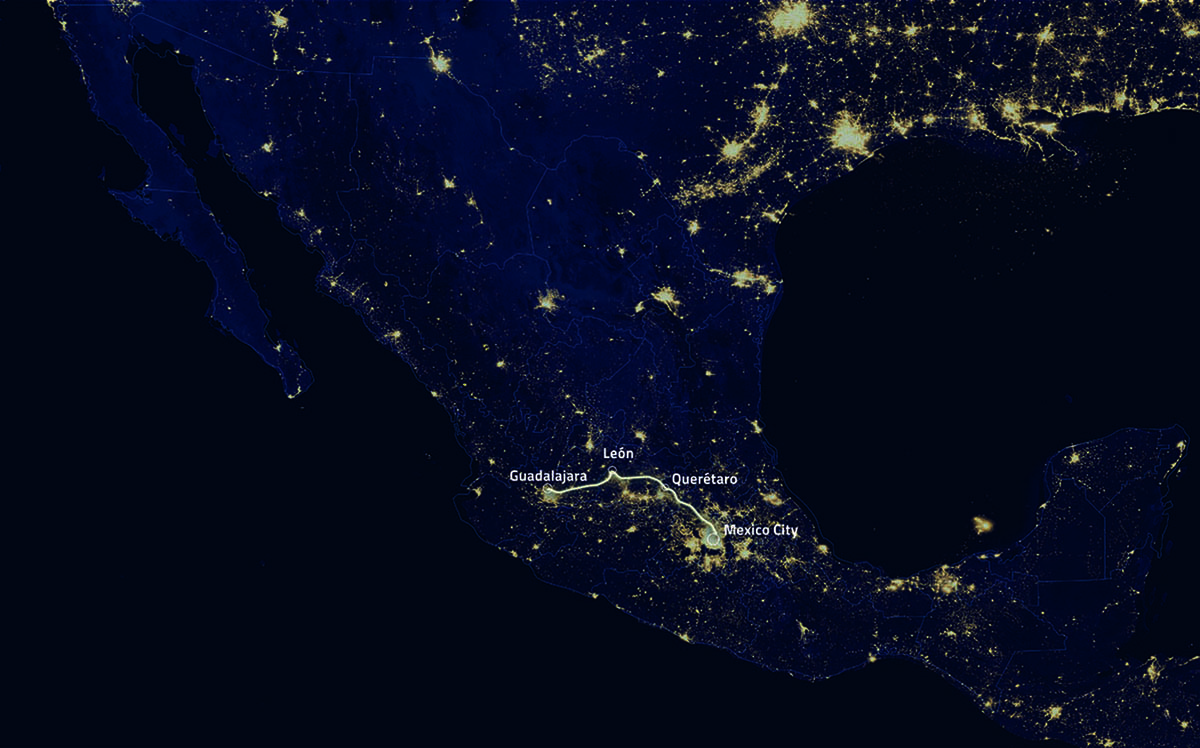
Mexloop's winning corridor for the Hyperloop One Global Challenge provides an in-depth look at the potentials of developing a groundbreaking new transport system with state-of-the-art intermodal hubs and transit oriented development across central Mexico.
"Linking the country’s major population, cultural, industrial, and manufacturing centers, the proposal harnesses over 30% of its population and nearly 40% of its GDP, connecting Mexico City—the capital and most populous city—with the El Bajio cities of Queretaro, Leon and Guadalajara into a new ‘Megalopolis’ and reinforces its status as Mexico’s fastest growing and one of the most dynamic regions in Latin America," said Mexloop.
"The proposal takes an approach to locating stations and leveraging development to further diversify and strengthen its array of manufacturing and technology industries, reinforce its network of top universities and R&D centers, and create radically new opportunities for people to live, work, and be anywhere, in minutes," added Mexloop.
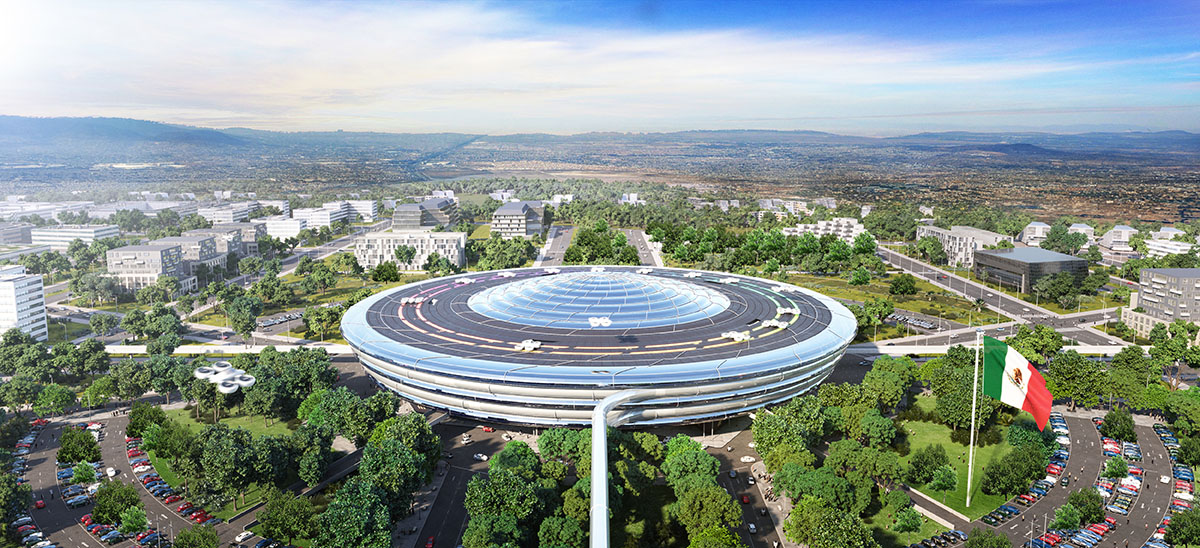
Mexloop Hyperloop corridor will help to alleviate traffic in the world’s most congested city and the surrounding megaregion, integrating with other transport modes and reducing travel times between Mexico City and Guadalajara to 38 minutes at speeds of over 1,000 km/h / 600 mph.
The system promises to enhance Mexico's global transport and logistics performance and secure the country as a leader in autonomous mobility and other innovative transportation-related research, particularly when considered in tandem with the construction of Mexico City’s New International Airport, and the country’s nearly $600 billion in public infrastructure development.
In naming the consortium's proposal a winner, Hyperloop One lauded Mexloop for its comprehensive team structure and public-sector engagement, as well as the strategy of building on its proposal to catalyze a strategic, high-technology hub in the Bajio region, centered around next-generation transportation industries such as aerospace engineering, autonomous software, and advanced and precision manufacturing to create a new Hyperloop industry, and identifying opportunities to build and develop an Hyperloop knowledge ecosystem through university partnerships, training and certification programs, and professional development.
Combined, these would form the basis of a thriving new transport technology industry and supply chain, and a platform for Hyperloop One to test, create, manufacture, develop, and export its revolutionary new technology to the rest of the world by partnering with Mexico’s industry leaders.
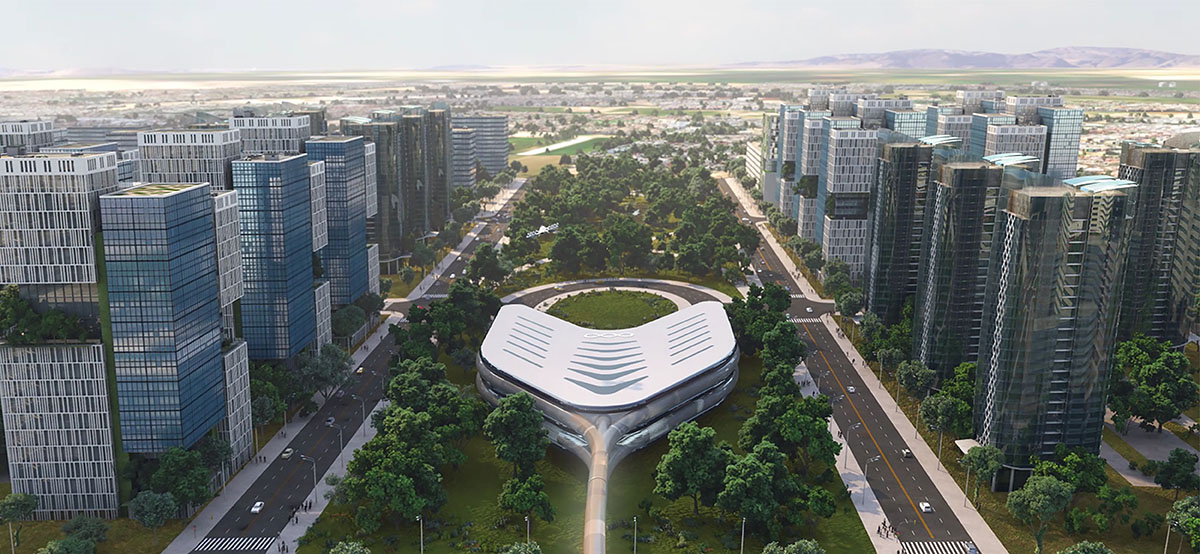
Hyperloop concept was first developed by Elon Musk, founder of SpaceX, Tesla Motors and co-founder of PayPal. Musk first founded Hyperloop Technologies in a garage in Los Angeles' Los Feliz neighborhood in June 2014.
Hyperloop is the first new major mode of transportation in 100 years. It’s designed to be safe, energy efficient, and reliable. It will take you directly to your destination at speeds of up to 700 mph, above land or underground.
FR-EE and the consortium submitted plans for route system, stations and exact locations with pod designs and logistics. The plans has attracted considerable public-sector support and received an endorsement from Cámara Mexicana de la Industria de la Construcción / Mexico Construction Industry Chamber's (CMIC), including its inclusion in its Infrastructure 2030 Plan.
FR-EE is currently working on one of the world's biggest airports for Mexico City, in collaboration with by Foster+Partners. Construction work started on site this May and Fernando Romero is sharing the construction images of the mega airport on his social media. In 2016, Fernando Romero unveiled his envision on Mexico And USA border with border city over hexagonal layout, presented at the London Design Festival.
FR-EE is the winner of WA Awards in the 13th Cycle with Soumaya Museum, is one of key projects of the firm built in Mexico.
All images © FR-EE
